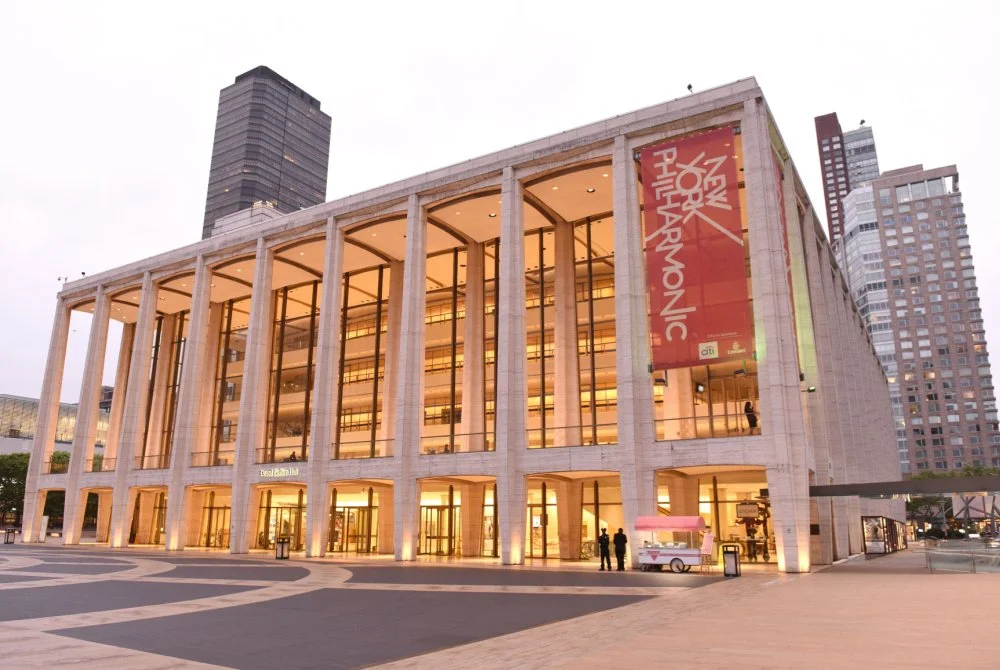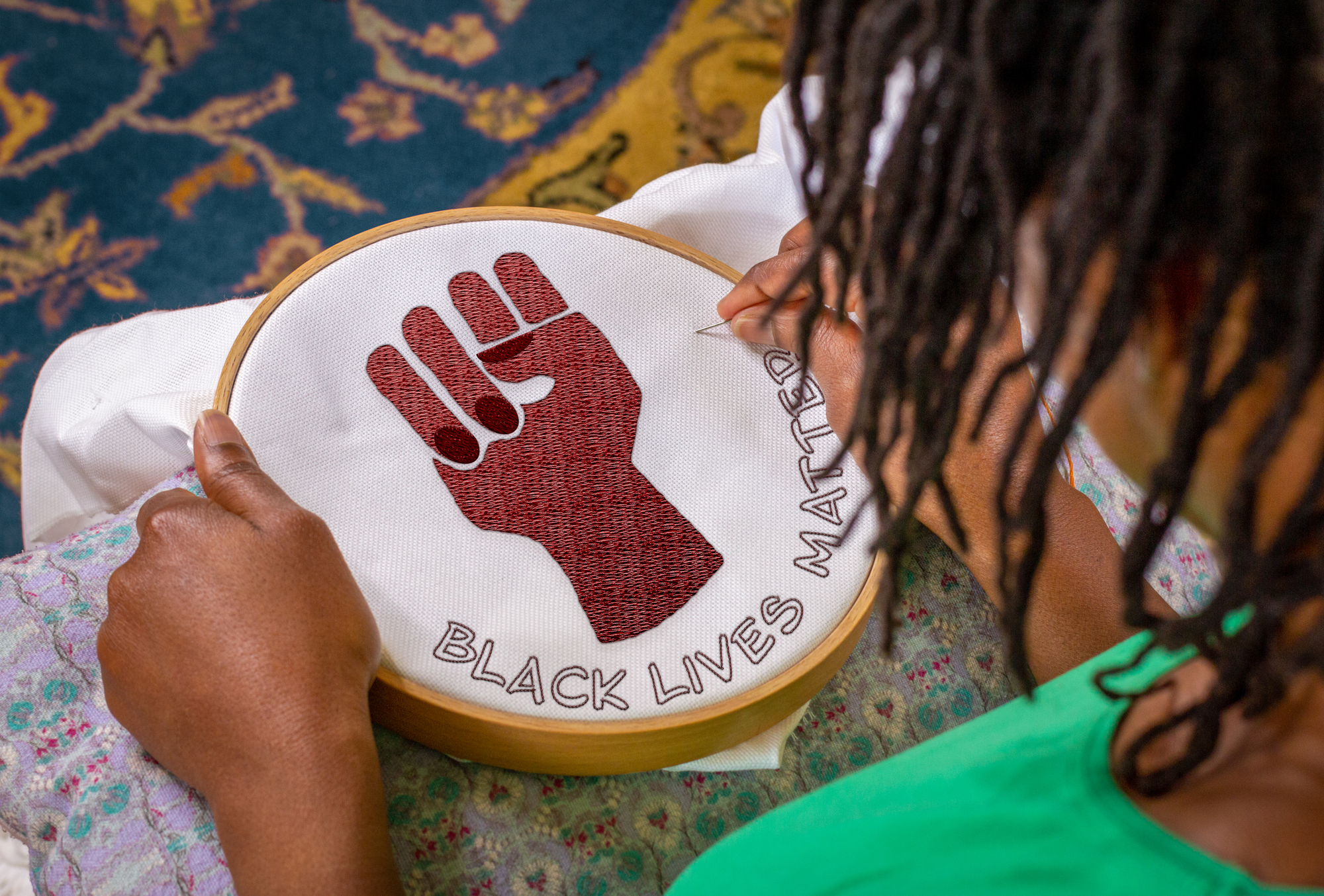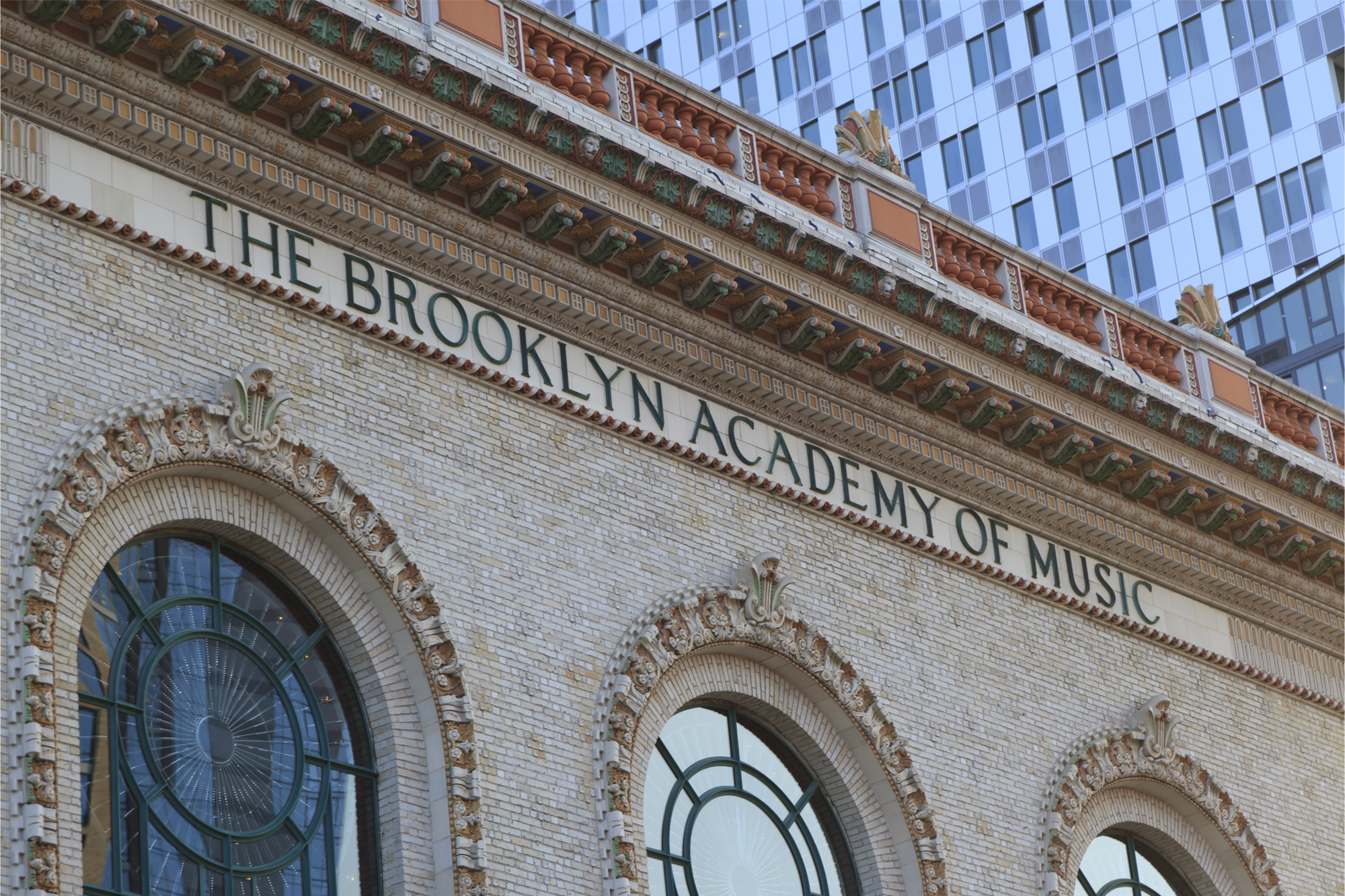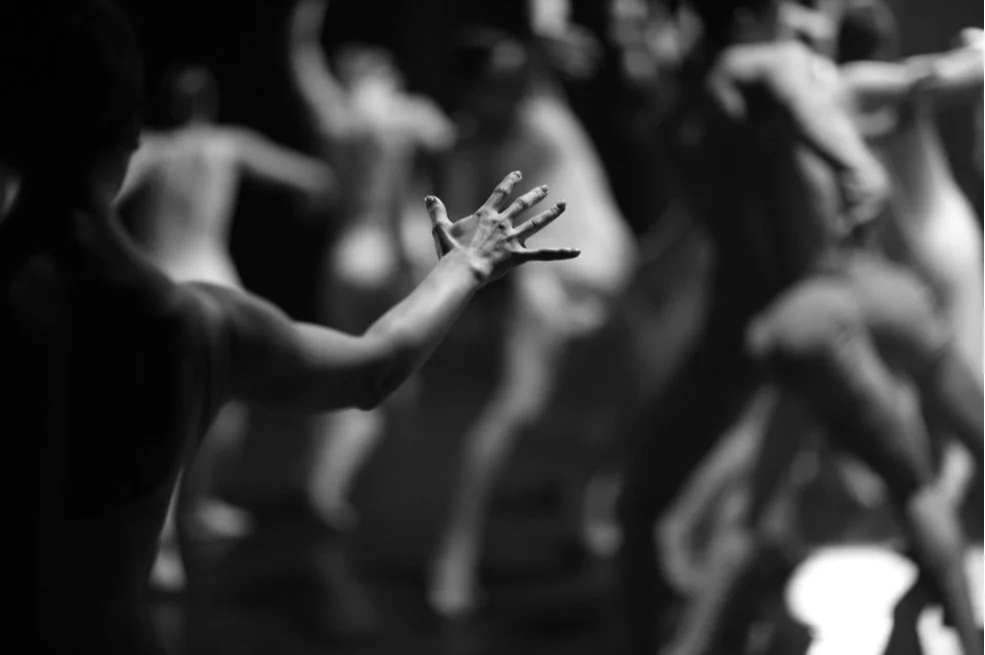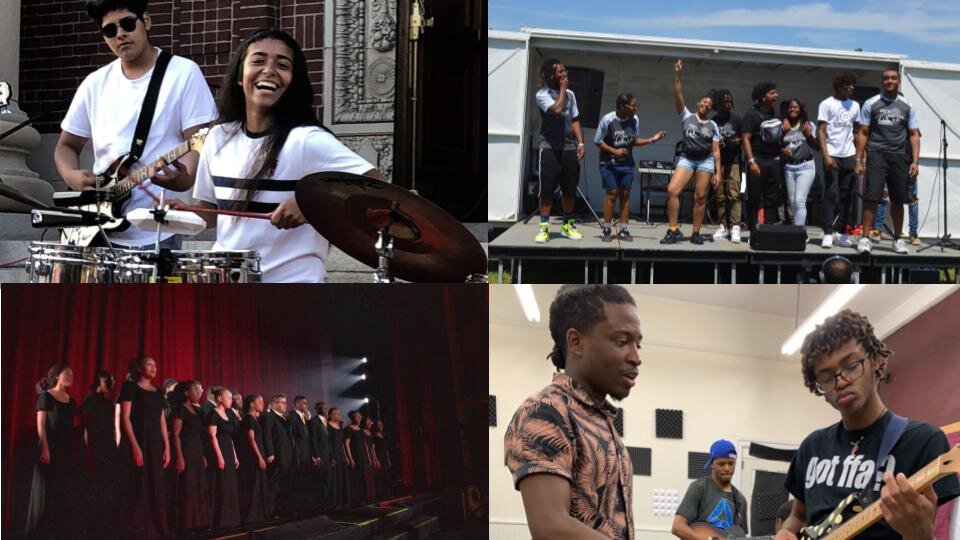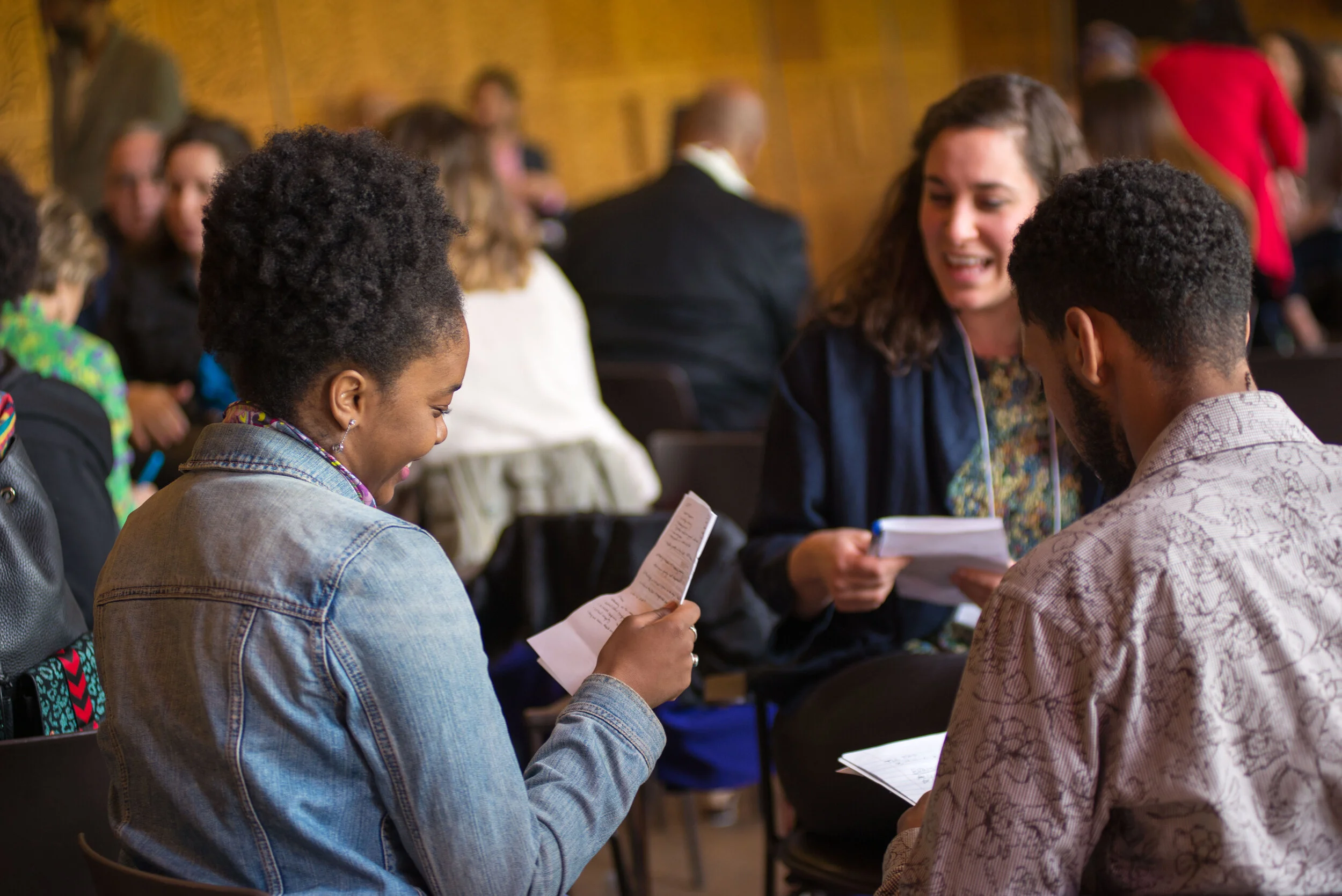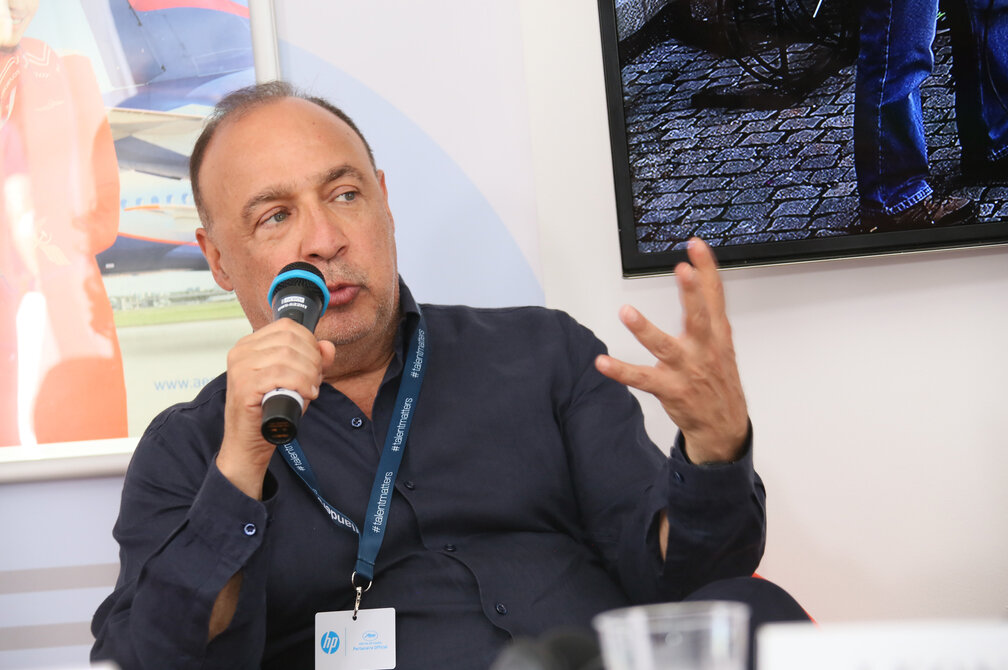No Metrics Needed: How a Classic Music Devotee’s Years of “Quiet Support” Led to a Huge Gift
/Beloborod/shutterstock
The University of Southern California (USC) recently announced bequests of $6 million to USC’s Thornton School of Music and $2 million to classical station KUSC from longtime supporter and classical music devotee Edward Judd Zobelein, who passed away in July 2017.
Zobelein’s gift came after what KUSC president Judy McAlpine called “many years of constant and quiet support.” Zobelein wasn’t alone in this regard. Recent bequests to university music schools include an $11.7 million gift from the David Dobrow Trust to establish an endowment that will ensure UCLA’s Herb Alpert School of Music’s long-term financial security and Cora Nunnally Miller’s $17 million bequest to the University of Georgia’s Hugh Hodgson School of Music, as well as other university organizations.
Each of these gifts finds “old-world” donors giving back to a school that brought them immense joy and satisfaction throughout the years. They didn’t need metrics or reams of spreadsheets. After a lifelong relationship with the recipient organization, they gave because it was the right thing to do. In the case of Zobelein, he grew up in San Marino and attended concerts with his grandmother in USC’s Hancock Auditorium, now Newman Recital Hall. He also played flute and piccolo. And although he did not attend USC, Edward’s family had strong ties to the school, which compelled him to provide support.
His gift and the source of his family’s wealth is “old world” in the literal sense, as well. The Zobelein family history in Los Angeles dates back to 1869, when Edward’s great-grandfather George Zobelein, son of a master brewer, emigrated from Germany. With business partner and fellow immigrant Joseph Maier, George established the Maier-Zobelein Brewery in 1882. Twenty-five years later, Zobelein purchased the Los Angeles Brewing Company, which became known as the Eastside Brewing Company. Zobelein’s family sold the Los Angeles Brewing Company and its Eastside brand to Wisconsin-based Pabst in 1948.
Contrasting Fortunes
Bequests from patrons like Zobelein are a critical source of support in the professional classical music space—one of the few upsides of an aging audience base. Several years ago, the Chamber Music Society of Lincoln Center received a $4 million bequest from Jane Kitselman, a patron and cellist who died on March 18th at the age of 87. At the time, it represented the largest unrestricted gift in the society's history. And in 2016, the Detroit Symphony Orchestra netted a $2.9 million gift from the estate of Dr. Clyde and Helen Wu to support music education programs.
That said, Zobelein’s gift to the Thornton School underscores the diverging fortunes between classical music schools and professional ensembles. Classic music schools enjoy integration with the university’s larger fundraising apparatus, and universities, as we’ve seen, are doing quite well for themselves. According to the Voluntary Support of Education survey conducted annually by the Council for Aid to Education (CAE), colleges and universities raised a staggering $46.7 billion in 2018.
USC hit its $6 billion fundraising campaign ahead of schedule in 2017, and it simply kept going. And its Thornton School has an impressive track record of raking in big donations, like a $7 million gift from violin professor Alice Schoenfeld for violin and cello student scholarships and a $4 million gift from Robert and Adrienne Westerbeck to create the Adrienne Westerbeck Endowed Music Scholarship.
In contrast, the prognosis is far more dire for professional ensembles grappling with a host of challenges, the most acute being the threat of disruptive labor unrest—a risk that very few university fundraisers have to worry about. These ensembles also need to modify their fundraising strategies as older donors cede the stage to younger patrons. Appealing to this fickle and perpetually distracted demographic won’t be an easy task, which explains why funders like the Wallace Foundation have allocated millions to help performing arts organizations target millennials.
Millennials also view the “arts experience” differently than their baby boomer and even Gen X predecessors. Earlier this year I spoke with M+D co-founder Sean McManus about this very topic. The “social justice issue is huge,” he said. “It’s one thing to experience traditional works of art, but what are institutions doing to drive social change?”
Challenges for Public Radio
Public radio stations are in a somewhat similar bind. Older donors grew up listening to traditional radio crackling over the airwaves. They remain drawn to its evocative and nostalgic power. Younger listeners, accustomed to proliferating streaming options and podcasts, haven’t enjoyed this kind of formative experience. As a result, local public radio stations—a mainstay of classical music broadcasting, as well as news offerings—must navigate an increasingly complex “digitally disruptive” fundraising landscape.
Some funders had the foresight to prepare stations for the bumpy road ahead. For example, back in 2006, the Jerome L. Greene Foundation made a $6 million gift to New York Public Radio (NYPR) to build out a live event space. And 2014 brought a $10 million gift earmarked for further “digital transformation.” In 2017, the foundation awarded the station $10 million for new programming offerings.
Public radio’s fundraising efforts also remain intertwined with the precarious political environment. Fueled by the post-election “Trump Bump,” fundraisers have tapped into public angst over developments in Washington, D.C. Most notably, last year, Family Guy creator Seth MacFarlane announced a $2 million donation to support NPR’s Collaborative Journalism Network in an effort to combat “fake news.”
But Zobelein wasn’t the only recent donor to make what may seem like an anachronistic “old-world” bequest to a public radio station. A little over a year ago, an anonymous donor known as “Suzanne” made a $10 million gift to Seattle's KEXP, which plays indie and alternative rock, to create a permanent endowment, secure six months’ continuous cash reserves, and fund a full-time education and outreach team. Suzanne died in 2016, and her estate lawyers informed the station of the gift in February 2017.
The similarities between these two gifts are uncanny. Both were bequests. Neither donor cited “social justice,” “digital transformation” or the scourge of “fake news.” Neither used hot philanthropic buzzwords like “impact” or “accessibility.” Rather, Zobelein and Suzanne made their gifts because they had a deep and resonant lifelong connection with music.
In a testimonial that she recorded before her death, Suzanne described KEXP’s role in her life. “When I told my uncle that my favorite radio station had just gone off the air, he turned me on to KEXP,” she said. “Music is one of the best ways to unite people globally, and I love an organization which spreads that goodness.”
As for Zobelein, according to USC, listening to classical music on KUSC “brought a special comfort and happiness to each day. When his failing health made sleeping difficult, KUSC was the only thing that got him through the dark hours… Zobelein’s generosity will ensure that classical music plays on for generations to come.”







